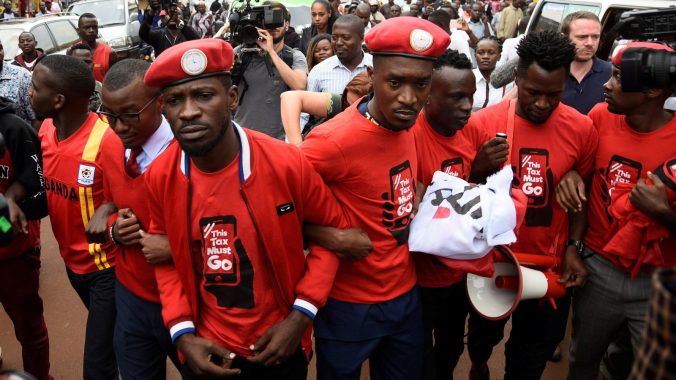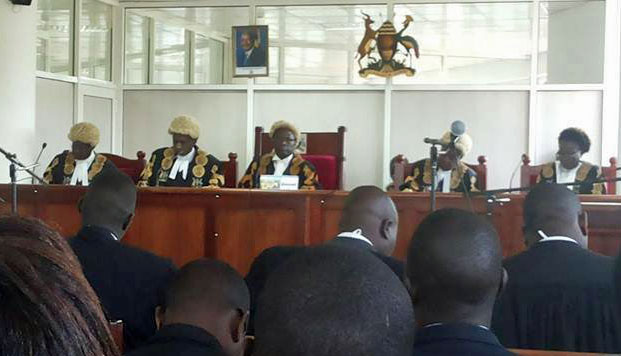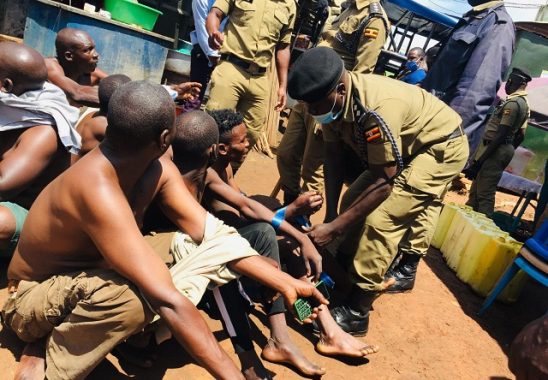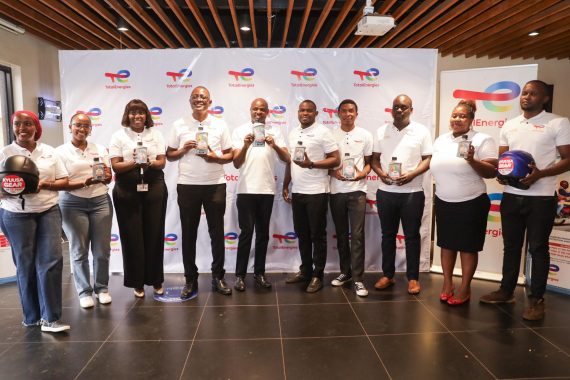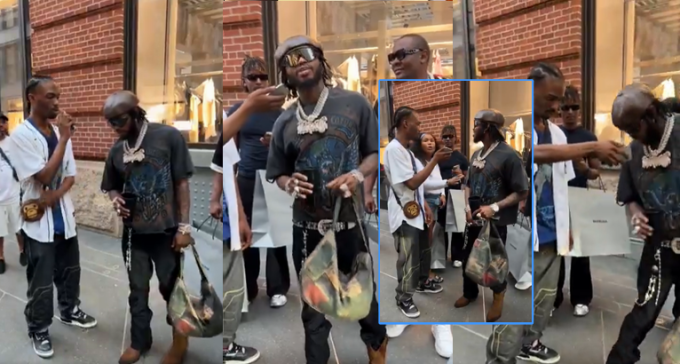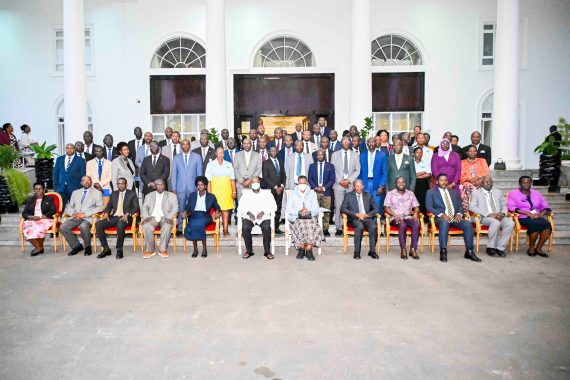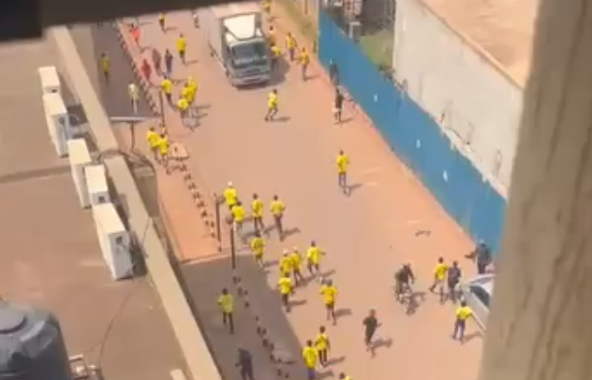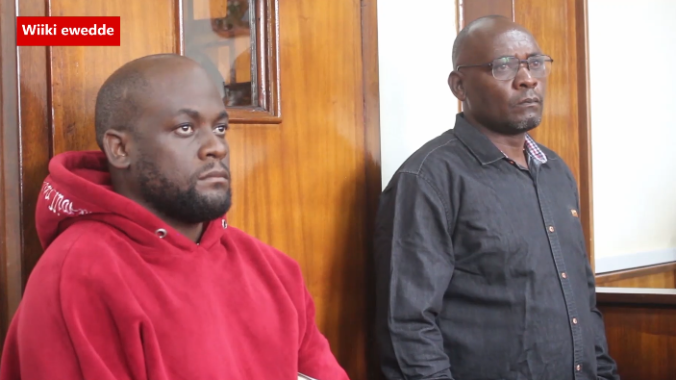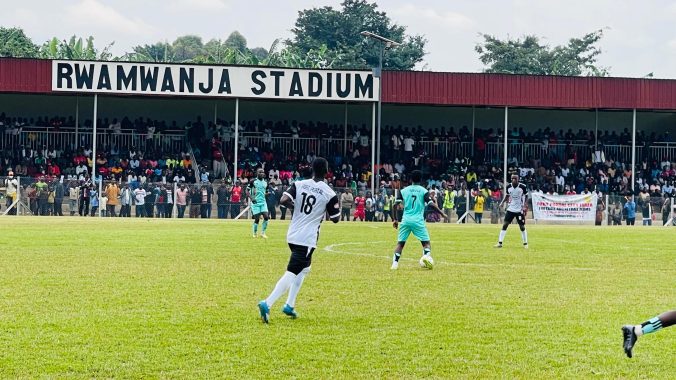Constitutional Court revokes sections of POMA
The Constitutional Court have rendered null and void sections 5 (b), 10 (3) and (4) of the Public Order Management Act-POMA that prohibit unlawful gatherings.
On Friday, the five justices led by Justice Elizabeth Musoke, Fredrick Egonda-Ntende, Christopher Izama Madrama, Monica Mugenyi, and Christopher Gashirabake agreed that the above sections contravene Article 29 of the 1995 Constitution.
In her ruling, Justice Musoke notes that the said sections in fact go beyond what is provided for in the constitution and therefore, can’t stand.
“The fact that Sections 5 (B) and 10 (3) and (4) provide for the imposition of penal sanctions on organizers and participants in peaceful albeit unauthorized demonstrations are disproportionate for achieving the intended purpose of ensuring orderly public meetings. More proportionate measures would involve asking the organizers to disband illegal meetings, failing which the authorities would then disperse the illegal meetings. It is only in the event of actual violence that it would be necessary to impose penal sanctions against the perpetrators of the violence,” Justice Musoke said.
She added “I would therefore find that the imposition of a penal sanction under Section 5 (B) and Sections 10 (3) and (4) of the POMA is disproportionate for purposes of ensuring orderly meetings and constitutes limitations that are not acceptable and demonstrably justifiable in a free and democratic society and that contravene Article 29 (t) (d) of the 1995 Constitution.”
The sections give the Inspector General of Police or authorized officer power to regulate public meetings including assemblies and regulations.
The POMA also sets in place requirements to be met before a person can lawfully participate or organize a public meeting, including the requirement that an organizer gives notice of his or her intention to hold a public meeting, at least three days prior to the meeting. The section also imposes punishments for organizers and participants who participate in unauthorized assemblies.
Section 4 of the law defines a public meeting as “a gathering, assembly, procession or demonstration in a public place or premises held for the purpose of discussing, acting upon, petitioning or expressing views on a matter of public interest.”
Constitutional Court revokes sections of POMA
Section 4(2) (e) states that a public meeting shall not include “a meeting of the organs of a political party or organisation convened in accordance with the constitution of the party and held exclusively to discuss the affairs of the party.”
Under section 5, requires an organiser to give notice in writing to the authorized officer of the intention to hold a public meeting, at least three days but not more than 15 days before the proposed date of the public meeting.
Section 10 enjoins the organiser to ensure statements made to the media and public are not in conflict with the law and ensure the meeting is peacefully concluded by 7pm as well as coordinate with police to ensure law and order.
Background
In September 28, 2020, Buganda Road Court Magistrate Karungi Doreen Olga, sought interpretation from the Supreme court on certain clauses in the POMA act following the arrest of National Unity Platform president Robert Kyagulanyi aka Bobi Wine.
In 2018, Robert Kyagulanyi Ssentamu aka Bobi Wine was arrested in Kampala alongside others for staging an unlawful assembly protesting a tax on social media. They were later arraigned before the Buganda Road Chief Magistrate’s Court and charged with the offenses under POMA Act.
Her worship Olga referred some sections of the POMA to the constitutional court for interpretation as they contravened Article 29 (1) (a) and (d) of the 1995 Constitution.
However, the Attorney General’s office, defended the constitutionality of the said sections. They submitted that, under Article 43 (L), such derogation may be necessary to protect the rights of others or to protect the public interest.
They acknowledged that Sections 5 and 10 of the POMA constitute a limitation of the rights guaranteed under Article 29 but that the said limitation is permitted under Article 43.
In her ruling still, Justice Musoke declared that the charges against Kyagulanyi and others that were based on their participation in a peaceful albeit unauthorized public meeting constituted an impermissible limitation on their right to freedom of assembly, and contravene Article 29 of the 1995 Constitution.
“I would make an order permanently staying the criminal proceedings against the accused persons… I would direct the Registrar of this Court to notify the Buganda Road Chief Magistrate’s Court of the decision in this Reference,” Musoke held.



